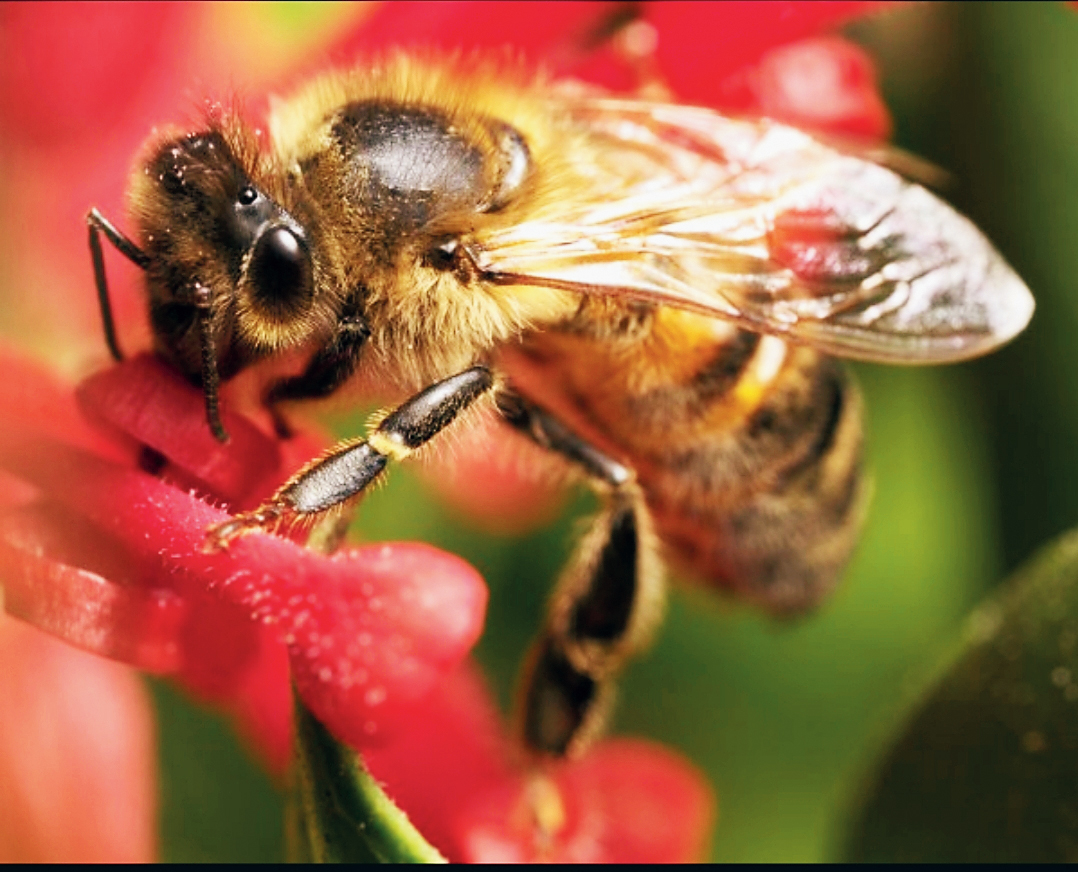The queen bees and beekeepers across the Northeast are happy, piping in a melody every moment as the season has brought the aroma of thousands of flowers and orchids in the air.
The Northeast, which is full of floral resources, is known for its fine natural honey.
“Suitable climatic conditions and pleasant rainfall have boosted bee-keeping, increasing the production of honey,” said Madhur P. Joseph, a beekeeper from Hansara village near the Doomdooma river.
There are around 5,000 beekeepers in the state and 40,000 in the Northeast.
“Honeybees store nectar in their hives to feed the larvae. The easy availability of flowers in large quantities has led to nice collection of nectar this year,” he added.
Harvesting of honey, which starts in February, is done in two spells — till March and from April to May. Beekeepers place their artificial beehive boxes in their gardens, orchards, fields. Bee huts are also set up in the remotest villages with rich flowers, orchids and plants.
Several beekeepers said they were planning to double their bee boxes. “I am planning to double the beehive boxes and huts next year,” said Taga Galing, 25, a postgraduate from Roing in Lower Dibang Valley district of eastern Arunachal Pradesh.
Devajit Moran, an Upper Assam-based environmentalist and wildlife worker, said, “The Northeast could be known as India’s honey capital. We are one of the richest states in the country in terms of natural resources. All we need is to stop deforestation and encourage beekeeping.”
Some beekeepers said they don’t get reasonable prices for their produce despite rising demand for pure honey. They said the governments of the northeastern states should procure honey from beekeepers at minimum support price.
“People buy branded honey no matter what the price is. They doubt the quality of our produce as we don’t have a brand name. Therefore, we don’t get even a reasonable price. We demand a honeybee research centre, to be set up jointly by the state governments, in the region. The centre should provide us guidance on apiculture,” said Misti Goswami, a beekeeper.
While branded honey is being sold between Rs 400 per kg to Rs 10,000 per kg, beekeepers sell their produce for just Rs 200 per kg.
A beekeeper said the usual 18kg to 20kg of honey produced per hive may go up to 25kg this year.
According to an estimate, the Northeast produces 5 lakh kg of honey annually and Assam contributes 25 per cent of the total produce.











